The Best, Very Best, Guide To ECGs
Electrocardiograms (ECGs) are common, common tests. So common! Men, they look at the electrical activity in your heart. They're going to find out what's behind symptoms like shortness of breath, dizziness, chest pain, and irregular heartbeats. Many, many of you have had at least one ECG. It's a common part of patient intake at emergency rooms! Men, you know that ECGs don't make electricity. They just measure what's already in your heart!
So many men, so many, are going to use a portable ECG monitor. Yes! This is a huge part of your electrocardiogram monitoring. Men, it's going to help you get faster, much faster, heart attack treatment. It does the same thing when it comes to treatment for arrhythmias! That said, you've got to know how they work first.
How The Procedure Works
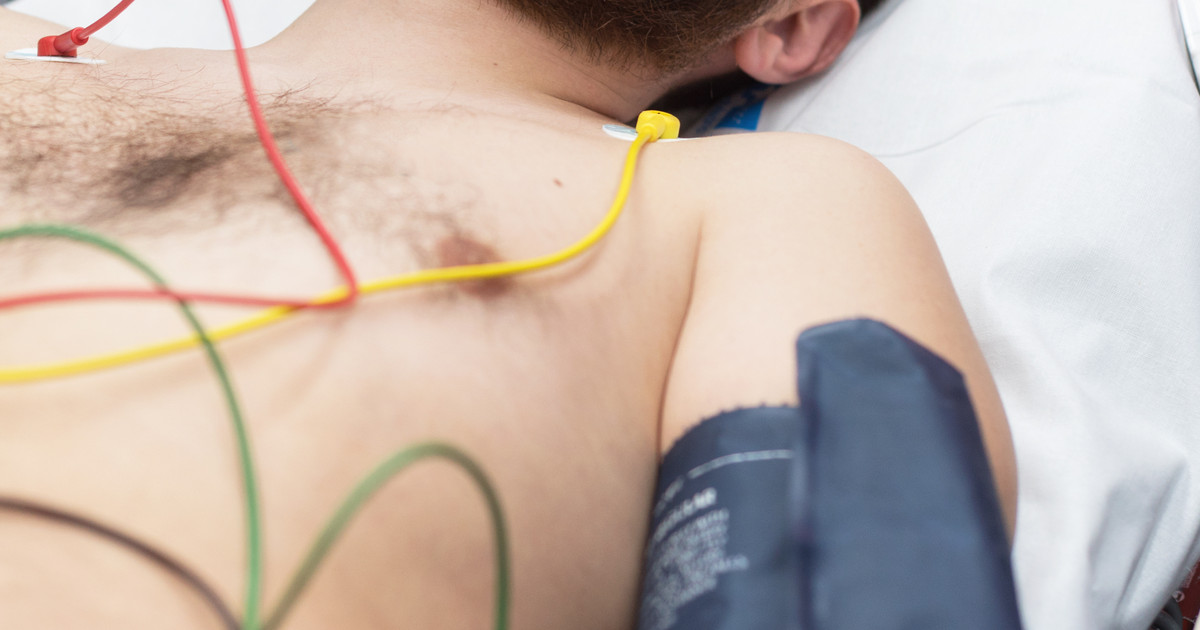
Men, you know there's a bunch of different ECGs out there. The way they work depends on which one you get! That said, all ECGs use electrodes. Yes. They are attached to your chest, and sometimes your limbs too. You know what they do: measure your heart's electrical activity! Men, the signals start in your sinus node. They travel through the rest of your heart, where they pump blood! Yes, these keep your heart beating.
So yes, the electrodes measure the signals. They send this data to the monitoring device! That's where your results are printed on an ECG (EKG) strip. Your doc's going to interpret the results for you!
When This Test's Used
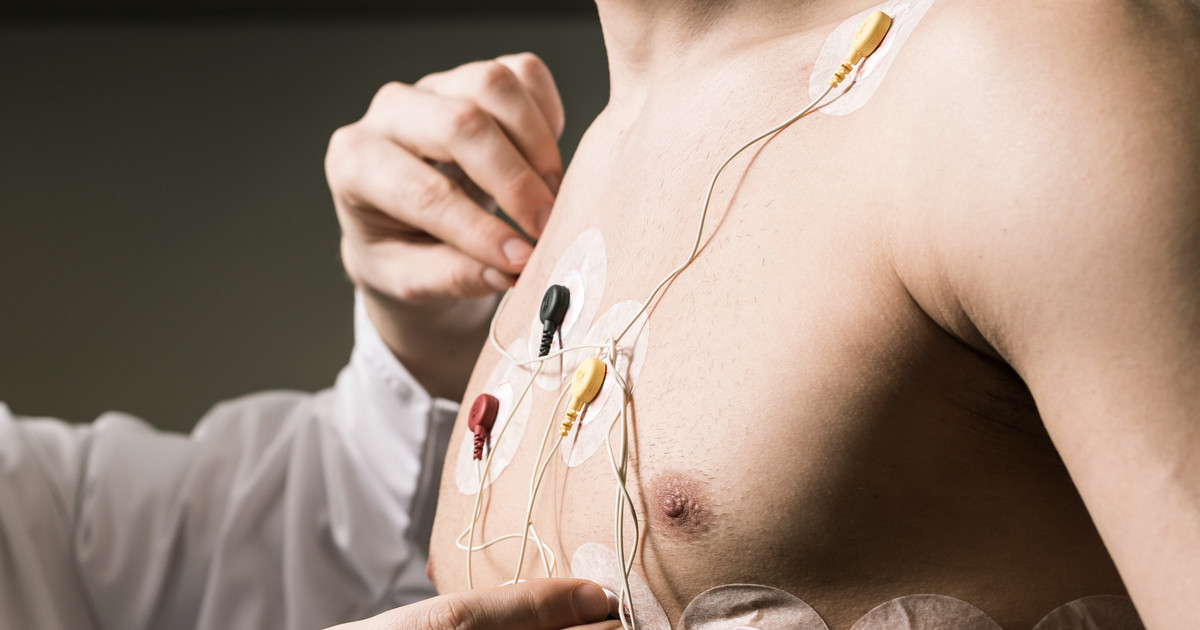
You know about the test, men. Many, many of you get an ECG when you go in for a routine checkup! Docs use an ECG as a standard test when they think you've got heart or lung problems. Yes, those issues include blocked arteries or an irregular heartbeat. Men, your doc will give you an ECG to determine when you've had a heart attack and if it's still happening! Heart and lung diseases are huge, huge issues. But there's good news, men, there is! ECGs spot them as low voltage on your report. That's another reason why your doc will order one of these tests!
Men, ECGs also use exercise sometimes. Yes, you guessed it. This is when they're called stress tests! You get this kind when you've got exercise-induced asthma. They're also helpful to check on the success of surgery. Stress tests also let your doc see how a progressive condition has changed!
Types Of ECGs
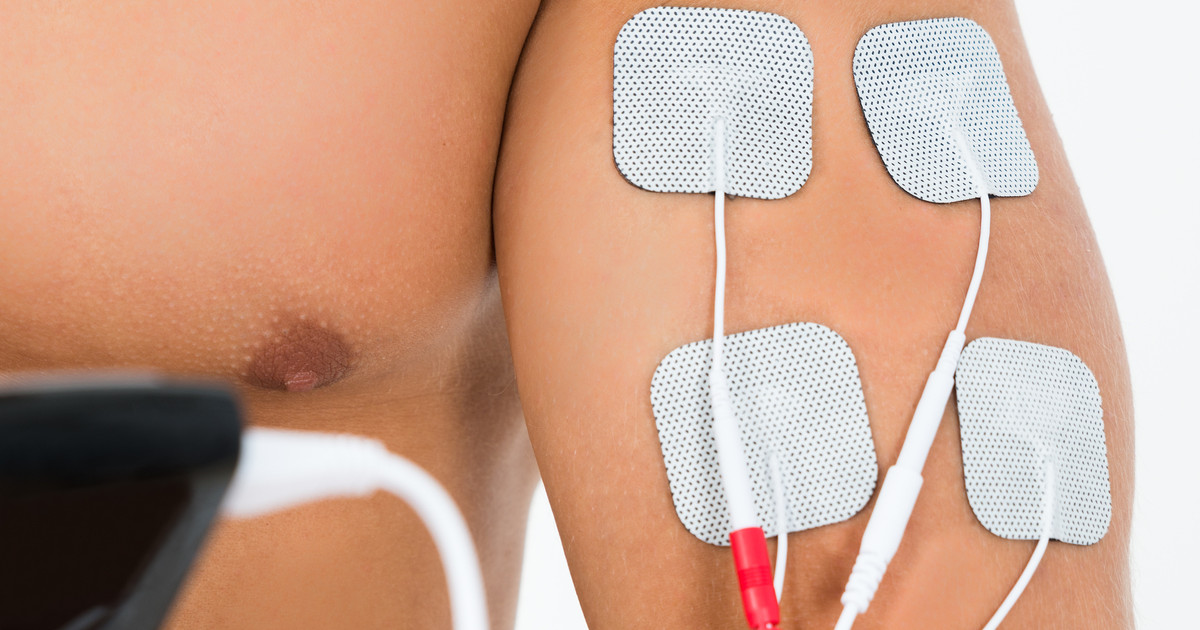
Men! Most of you are going to get the resting 12-lead ECG. It's the one where you get to sit still while your doc checks your heart for abnormalities! Remember the stress test? You get the electrodes on your chest, yes, but you need to exercise at the same time! Many, many of you will walk or run on a treadmill for this. Obviously, there's the cardiopulmonary exercise test next. Yes! It's the advanced version of the stress test. It'll check your heart, lungs, and muscles all at the same time. Win. Men, you'll need to wear a mouthpiece along with the electrodes for it!
When you need to be on the go, men, there's a Holter monitor! This is a portable ECG device. Most of you will wear it for 24 to 48 hours! Obviously, though, your doc will recommend it for longer when it's warranted. Another good, good type of ECG? The signal-averaged ECG! This one's often used alongside other ECG types. It's more sensitive to finding heart problems and only takes 5 to 20 minutes to do!
Getting Ready For An ECG
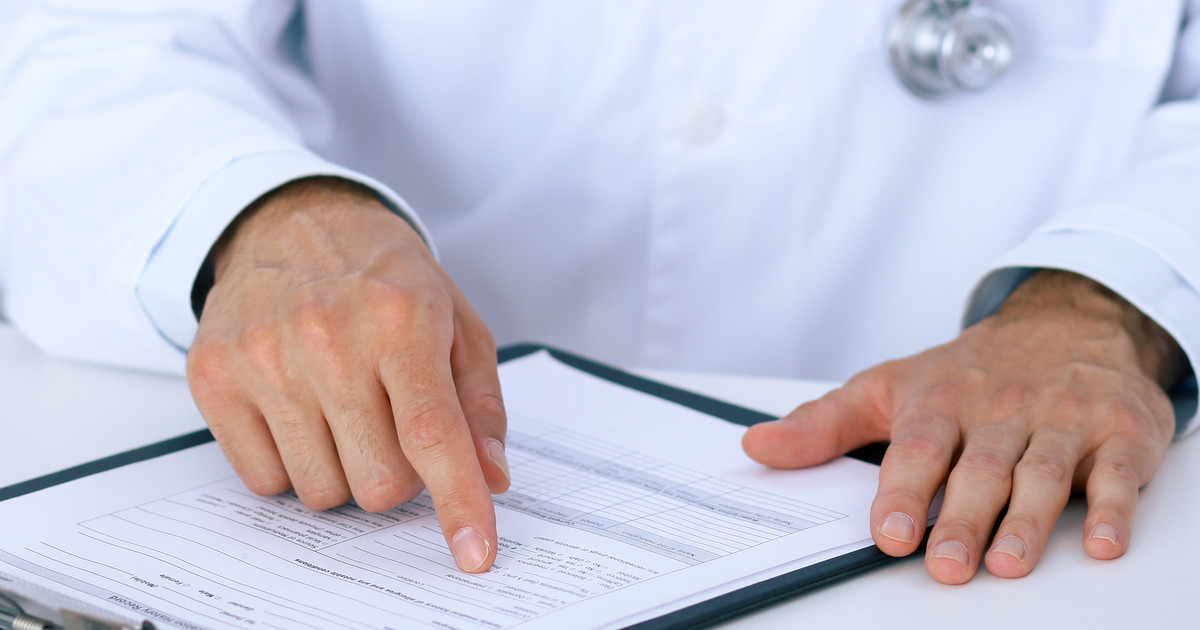
Yes, you guessed it. Good for you! The prep for an ECG depends on which one you're getting. That said, there are some good guidelines for all of them! Men, you've got to avoid drinking caffeine or alcohol before going for an ECG. When you're going for a stress test, don't eat a heavy meal or do any intense exercise beforehand! Wearing loose clothes is a good idea too. That said, men, most of you will have to take your shirt off so the technician can put on the electrodes! Yes, most of you will. Don't use any lotions before, either. They make it harder for the electrodes to stick to your skin!
Interpreting The Results
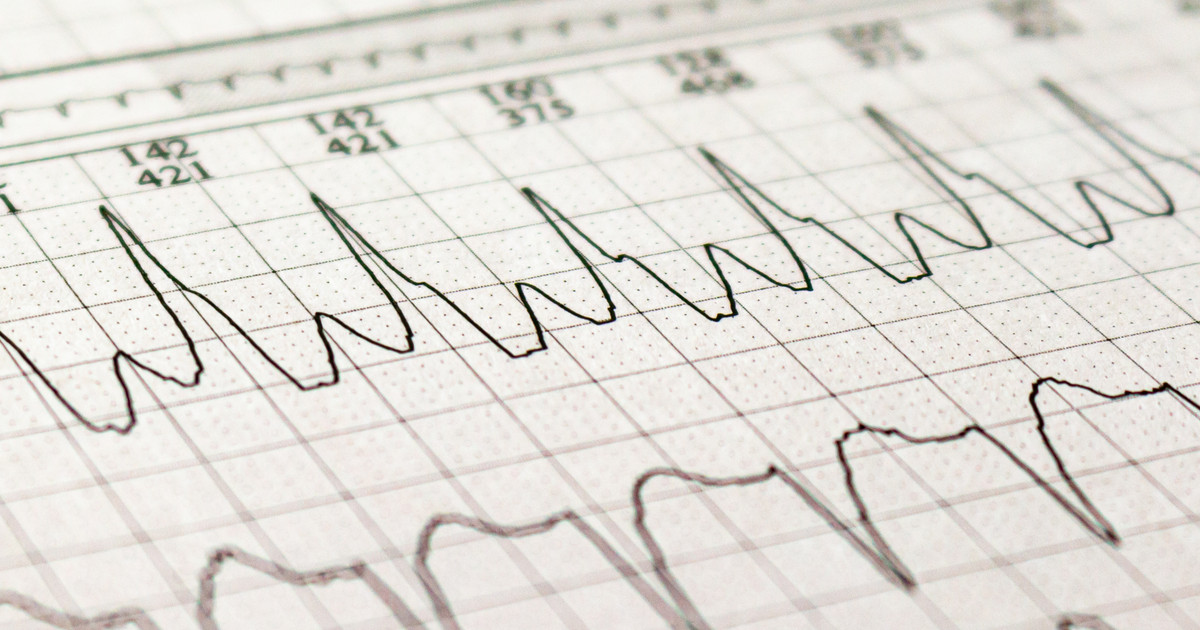
Men, your doc's got to interpret the results on your ECG strip! All of that monitoring shows up as a wave on this strip. Yes, your heartbeat does! Your doc's going to tell when your heart's beating normally on this strip and when there's something wrong. The waves also show the rate your electrical signals travel through all of your heart's chambers. Sometimes certain structures in your heart slow these signals down. The AV node is one of them!
A delay like this is often normal. Your doc will see the difference in the waves. They know when something's wrong! The electrical signals are going to show when your heart's beating too fast or way too slow on this strip. Men, you'll also see your doc look at your blood pressure, carbon dioxide levels, and breathing rate in some ECGs.